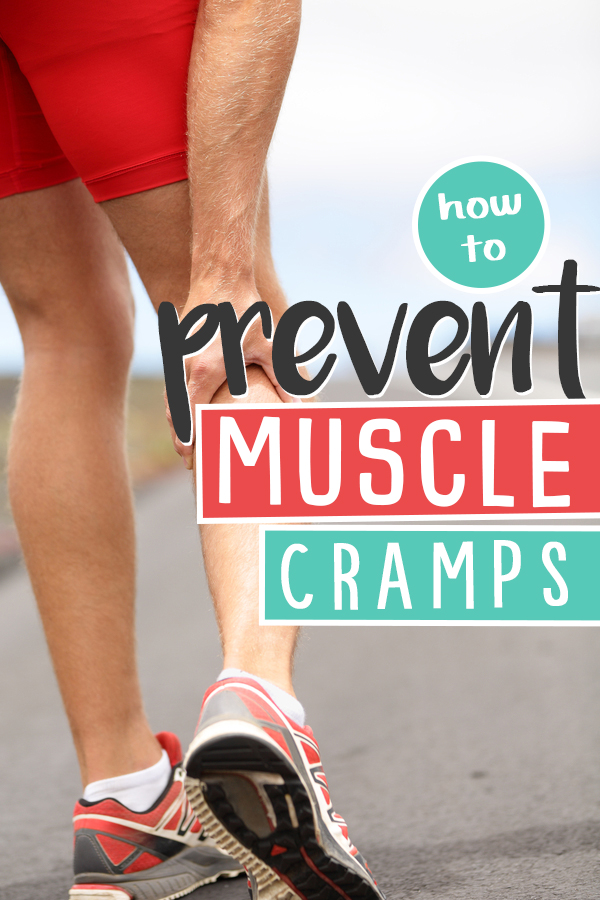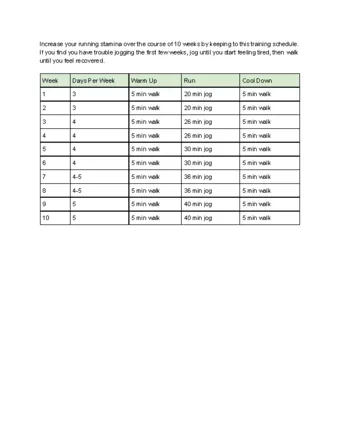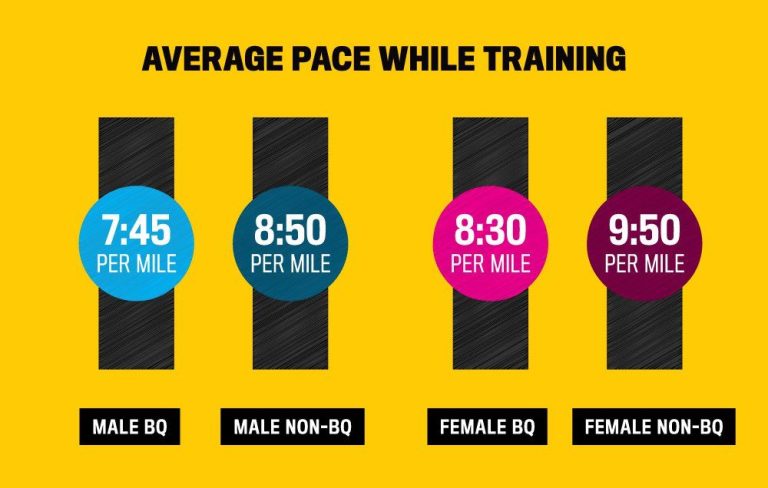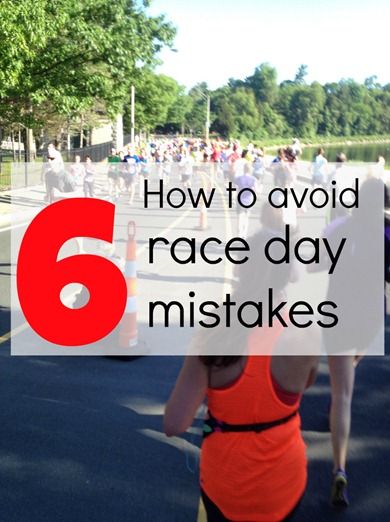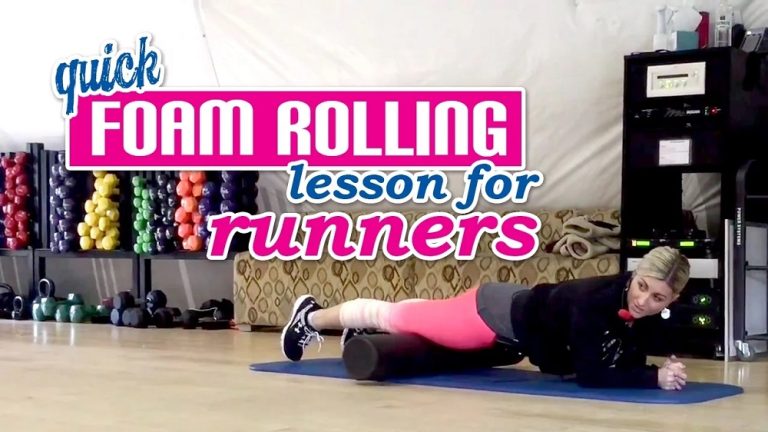What Causes Muscle Cramps for Runners + How to Prevent Them
Muscle cramps in runners are often caused by dehydration and muscle fatigue. Prevent them by staying hydrated and incorporating proper warm-up and stretching routines into your regimen.
Running can put significant stress on muscles, leading to cramping if not properly prepared. Understanding the causes and implementing preventive measures can help you avoid this common issue. By taking proactive steps, you can continue to enjoy your runs without the discomfort of muscle cramps slowing you down.
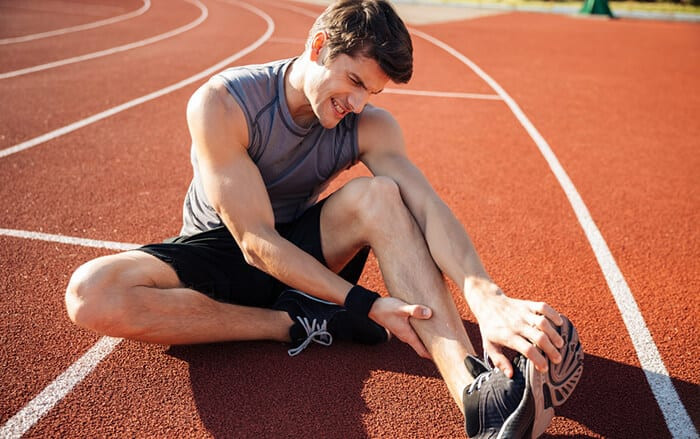
Credit: www.samitivejhospitals.com
Common Causes Of Muscle Cramps
Dehydration
Running can lead to dehydration, which occurs when the body loses more fluids than it takes in. Dehydration can disrupt the body’s natural balance of electrolytes, making muscles more prone to cramping. It’s important for runners to stay well-hydrated before, during, and after a run to prevent muscle cramps.
Electrolyte Imbalance
An imbalance of electrolytes, such as sodium, potassium, calcium, and magnesium, can lead to muscle cramps. These essential minerals play a crucial role in muscle function and contraction. Runners can maintain electrolyte balance by consuming a balanced diet and using electrolyte-replenishing drinks or supplements during long runs.
Muscle Fatigue
Muscle fatigue from overexertion or inadequate training can cause muscles to cramp during running. Proper warm-up exercises, gradual progression in training, and adequate rest can help prevent muscle fatigue and reduce the risk of cramping.
Understanding Exercise-induced Muscle Cramps
Definition
Exercise-Induced Muscle Cramps are sudden, involuntary contractions of muscles often experienced during or after intense physical activity.
Symptoms
- Pain and tightness in the muscle
- Twitching or visible muscle contractions
- Difficulty moving the affected muscle
Frequency
- Common among runners and athletes
- Can occur sporadically or frequently based on individual factors
- Increased risk during high-intensity workouts or in hot weather
Preventing exercise-induced muscle cramps involves adequate hydration, proper warm-up, and ensuring electrolyte balance.
Tips To Prevent Muscle Cramps
Tips to Prevent Muscle Cramps:
Stay Hydrated
Drinking plenty of water helps in muscle function and reduces the risk of cramps.
Balance Electrolytes
Eat foods rich in electrolytes such as bananas, nuts, and leafy greens.
Proper Warm-up And Stretching
- Before running, do dynamic stretches like leg swings to warm up muscles.
- After your run, perform static stretches to help prevent cramping.
Exercises To Reduce The Risk Of Muscle Cramps
When it comes to running, muscle cramps can be a common and unwelcome occurrence. Understanding the causes of muscle cramps and how to prevent them is essential for runners. One effective way to reduce the risk of muscle cramps is through specific exercises designed to strengthen and stretch the muscles. Incorporating strength training and flexibility training into your routine can help minimize the occurrence of muscle cramps during runs.
Strength Training
Strength training plays a vital role in preventing muscle cramps for runners. By building up the strength of the muscles used during running, you can reduce the likelihood of cramping. Incorporate exercises such as squats, lunges, and calf raises to target the major muscle groups involved in running. Performing these exercises 2-3 times a week can help improve muscle endurance and reduce the risk of cramping during runs.
Flexibility Training
Flexibility training is equally important in preventing muscle cramps. Engaging in regular stretching exercises can help maintain the flexibility of the muscles, preventing them from tightening up and causing cramps. Focus on stretches for the calves, hamstrings, quadriceps, and hip flexors. Including a dynamic stretching routine before runs and a static stretching routine after runs can help keep the muscles supple and less prone to cramping.
How To Treat Muscle Cramps
Muscle cramps can be a runner’s worst nightmare, causing discomfort, pain, and even interrupting your training. However, with the right treatment methods, you can find relief and get back on track. Here are some effective ways to treat muscle cramps:
Stretch And Massage
One of the most efficient ways to relieve muscle cramps is by stretching and massaging the affected area. Gentle stretching can help alleviate tightness and promote blood flow, reducing the intensity of the cramp. To effectively stretch the cramped muscle, follow these steps:
- Stop your activity and take a break.
- Gently stretch the cramped muscle using slow and controlled movements.
- Hold the stretch for at least 20 seconds, allowing the muscle to relax.
- After stretching, massage the area using circular motions and gradually increasing pressure.
- Repeat these steps as necessary until the cramp subsides.
Apply Heat Or Cold Therapy
Another effective method for treating muscle cramps is by applying heat or cold therapy to the affected area. Both heat and cold can provide relief by reducing inflammation and decreasing muscle tension. Here’s how you can use these therapies:
Heat Therapy:
To apply heat therapy, use a heating pad, warm towel, or take a warm bath. Ensure the heat is not too intense to avoid burning your skin. Apply the warmth to the cramped muscle for around 15-20 minutes. This can help relax the muscle and relieve discomfort.
Cold Therapy:
To apply cold therapy, grab an ice pack or a bag of frozen vegetables wrapped in a thin cloth. Place the cold pack on the cramp for 15-20 minutes. The cold temperature helps reduce inflammation and numb the area, providing pain relief.
Remember to always consult a medical professional if your muscle cramps persist or worsen. These treatment methods are generally safe, but it’s important to take care and listen to your body’s needs. By effectively treating muscle cramps, you can continue running without experiencing painful interruptions.

Credit: www.everydayhealth.com
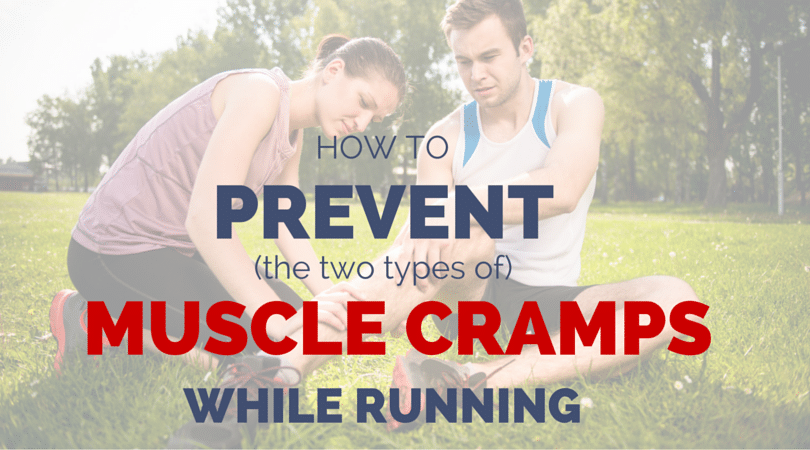
Credit: runnersconnect.net
Frequently Asked Questions Of What Causes Muscle Cramps For Runners + How To Prevent Them
What Are The Common Causes Of Muscle Cramps In Runners?
Muscle cramps in runners can be caused by dehydration, electrolyte imbalances, and overuse of muscles.
How Can Runners Prevent Muscle Cramps?
To prevent muscle cramps, runners should stay hydrated, properly stretch and warm up before running, and maintain a balanced diet rich in electrolytes.
Should Runners Consider Taking Supplements For Muscle Cramps?
While it’s always best to get nutrients from whole foods, runners may consider magnesium and potassium supplements to prevent muscle cramps. It’s important to consult with a healthcare professional before starting any new supplements.
Conclusion
In order to prevent muscle cramps when running, it is essential to properly hydrate and maintain electrolyte balance. Additionally, regular stretching and warming up can help prevent muscle tightness. Incorporating strength training exercises can also improve muscular endurance, reducing the risk of cramping.
By following these tips, runners can minimize the occurrence of muscle cramps and enjoy their runs with ease.

